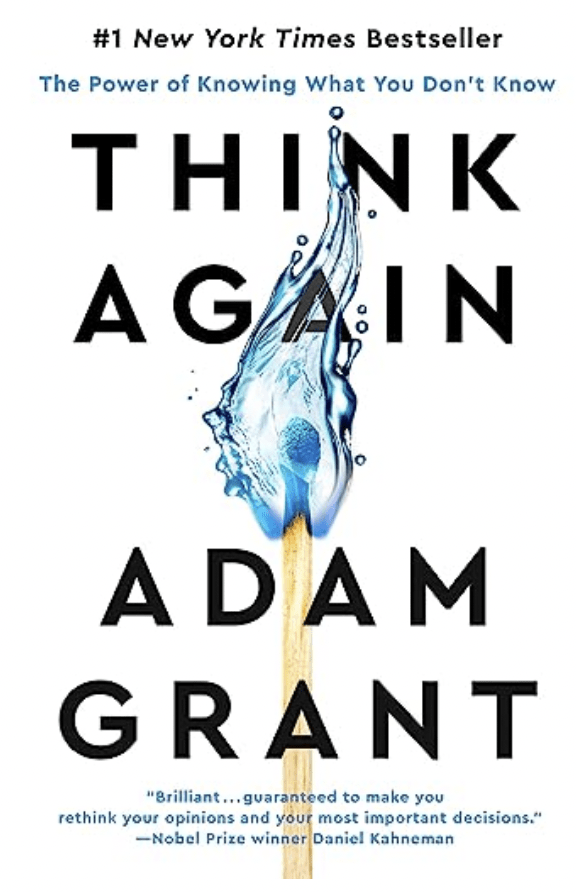Patient Compliance – The Power of Motivational Interviewing
Not long ago, a 60-year-old woman who seemed healthy visited me for a routine check-up. Her brother had just passed away suddenly, and she wanted to ensure she was okay.
When I asked her about any previous health problems, she quickly said, "No, and just so you know, if you find anything wrong, I won't take any pills!"
OMG!!! How do we help such a patient?
Fear of Medicines and High Risk of Heart Problems

Shockingly, her echocardiogram showed that she had left ventricular hypertrophy, her blood pressure was 155/105mmHg, her LDL was 169mg/dl and she had a prominent soft plaque in both bifurcations. So, what to do? How can we help a patient at high risk of heart problems but afraid of taking medicines?
You could scare her, reminding her of what happened to her brother. Or, you could show her the statistics and tell her she's at a 50% risk of a cardiovascular event. Or, you could start explaining why modern medicine is better than alternative treatments. However, the main problem is getting others to change is very hard. People rarely reconsider their beliefs, even with scientific facts and logic. The more you try to persuade them, the more they defend their views.
How to Change Minds

I recently read an interesting book by Adam Grant called "Think Again." This book helps us understand why people often stick to their beliefs and refuse to rethink. But also, how to handle such situations.
But what's the best way to do this? What does Adam Grant suggest?
The Power of Motivational Interviewing

Contrary to popular belief, the best method is "Motivational Interviewing” first described by Miller and Rollick. This approach helps patients find their reasons to change. It addresses their concerns and values without forcing them to accept the treatment. It tries to understand their fears and hesitations. By asking questions instead of arguing patients start to rethink their beliefs.
As Adam Grant explains: Through motivational learning we hold up a mirror so that they can see themselves more clearly.
Questions not Statements

Sounds great – right? So, what did I do? I tried it out! Here's how the motivational interview looked:
Me: I'm sorry to hear about your brother. It sounds like you're worried the same thing could happen to you. Did he have any risk factors?
Patient: Yes, he died so young; he had high blood pressure. I'm scared the same will happen to me.
Me: Do you know if he also had high cholesterol?
Patient: I'm not sure, but he took medicines; everyone in my family has high blood pressure.
Me: Have you had any bad experiences with medicines before?
Patient: No, but some of my friends have. I don't want to harm my body.
Me: I understand your fears. You seem worried about your high blood pressure, high cholesterol, and the blockage. Would you like to try and solve these problems?
Patient: Yes, I didn't realize it was this serious. What can I do?
Me: Can I suggest something?
Patient: Of course.
Me: Based on what I found, controlling your cholesterol and blood pressure could help you live a longer, healthier life. The most effective way to do this is with medicine. Would you be okay with that?
Patient: Isn't there another way?
Me: Sure, we can try lifestyle changes and a better diet first. But these may not be as effective as medicines. Can you return in a month to check your cholesterol and blood pressure again?
Patient: Yes, I can do that.
Synopsis

By not pushing her to take medicines, she started trusting me more. She asked more questions, allowing me to explain her risks and how medications can help. While I couldn't get her to start medicines immediately, it was a good start. As I predicted, her cholesterol didn't lower much, and her blood pressure was still high. But at her next visit, she asked for a prescription. Sometimes, people just need time to think.
Key Steps in Motivational Interviewing:
Here are the most important ingredients of motivational interviewing:
- Listening - shows you care and helps understand the patient's worries
- Asking open-ended questions - lets patients express their thoughts and concerns freely
- Encouraging the patient's wish and ability to change - boosts their motivation
In short, we must guide patients in the conversation rather than lead. We should keep our emotions in check and gently encourage them to think about why and how they might want to change.
Lastly, what can we, as healthcare professionals, gain from motivational interviewing? Happier, healthier patients, more trust, a better reputation – and sometimes a satisfying smile when we succeed.
Thomas Binder
Check out our more on the topic of Medical Mentoring:
